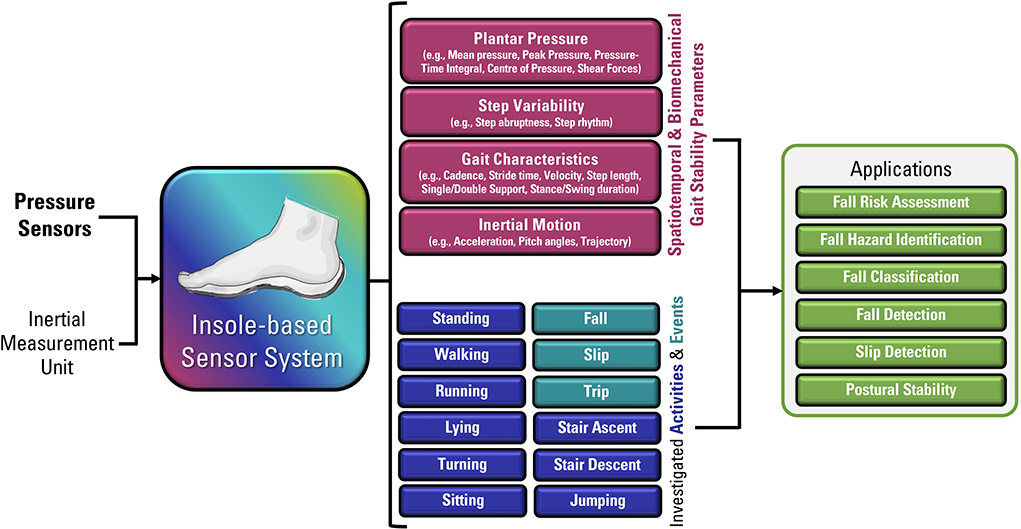Dementia Fall Risk - The Facts
Dementia Fall Risk - The Facts
Blog Article
Some Known Factual Statements About Dementia Fall Risk
Table of Contents10 Easy Facts About Dementia Fall Risk ShownThe Best Strategy To Use For Dementia Fall RiskThe 7-Minute Rule for Dementia Fall RiskDementia Fall Risk Fundamentals ExplainedThe smart Trick of Dementia Fall Risk That Nobody is Talking About
You could be nervous since you have actually had a fall before or because you have actually noticed you're beginning to really feel unstable on your feet. You could have noticed adjustments to your wellness, or just seem like you're decreasing a little. Whatever the reason, it isn't uncommon to come to be cautious and shed confidence, and this can quit you doing things you used to do and make you really feel more isolated.If you've had a fall or you've started to feel unstable, inform your medical professional also if you feel fine or else. Your doctor can check your balance and the method you walk to see if enhancements can be made. They might be able to refer you for a falls threat analysis or to the drops prevention service.
This information can be gotten through meetings with the person, their caretakers, and a testimonial of their clinical documents. Begin by asking the specific regarding their history of falls, including the frequency and circumstances of any current drops. Dementia Fall Risk. Inquire regarding any type of wheelchair issues they may experience, such as unstable or trouble strolling
Conduct an extensive review of the individual's drugs, paying certain focus to those recognized to boost the risk of falls, such as sedatives or medications that lower high blood pressure. Figure out if they are taking several drugs or if there have been recent changes in their drug regimen. Assess the individual's home setting for prospective hazards that can boost the danger of drops, such as inadequate illumination, loose carpets, or lack of grab bars in the washroom.
Dementia Fall Risk Things To Know Before You Get This
Guide the person via the fall risk assessment form, discussing each concern and videotaping their actions properly. Calculate the overall threat score based on the actions given in the evaluation form.
Consistently keep an eye on the person's development and reassess their danger of falls as needed. Give recurring education and learning and support to advertise safety and security and minimize the danger of falls in their daily living tasks.
Numerous researches have actually revealed that physical treatment can assist to decrease the danger of falling in grownups ages 65 and older. In a brand-new research study (that looked at drops threat in ladies ages 80 and older), researchers calculated the financial effect of choosing physical treatment to stop drops, and they located that doing so conserves $2,144, including all the covert costs of your time, discomfort, missed life occasions, and the bucks paid for services.
Everything about Dementia Fall Risk
Examining your equilibrium, strength, and walking capacity. A home safety evaluation. Based on the analysis results, your physical specialist will develop a strategy that is customized to your particular requirements.
Older adults who have problem walking and speaking at the exact same time go to a greater risk of falling. Dementia Fall Risk. To assist boost your safety and security during daily activities, your physiotherapist might make a training program that will challenge you to keep standing and strolling while you do an additional task. Instances consist of strolling or standing while counting in reverse, having a discussion, or bring a bag of see post groceries
Set objectives for raising their physical task. Work out extra to raise their toughness and equilibrium. These programs commonly are led by volunteer trains.
Some Known Incorrect Statements About Dementia Fall Risk

Measles, or rubeola, is a very transmittable, acute viral infectious disease caused by the measles virus. Some individuals consider measles as simply a breakout and fever that clears up in a couple of days; nonetheless, measles can trigger major wellness complications, especially in children younger than 5-years-old. The best protection against measles is the measles, mumps, and rubella (MMR) injection.
Autumns are a typical cause of injury among older grownups.
Unknown Facts About Dementia Fall Risk

She has a clinical background of seizure disorder and hypertension. She is obtaining an IV infusion and taking Gabapentin and Lasix. She has official source no background of falls, her stride is steady, and she nullifies without any concerns. The previous nurse states that she asks for assistance to the shower room when she needs to go.
Examples of typical autumn interventions/measures consist of: Ensuring an individual's crucial products are within reach. Beyond understanding how to make use of the Johns Hopkins Autumn Risk Evaluation Tool, More about the author it's essential that facilities integrate its use into a more detailed fall avoidance plan.
Report this page